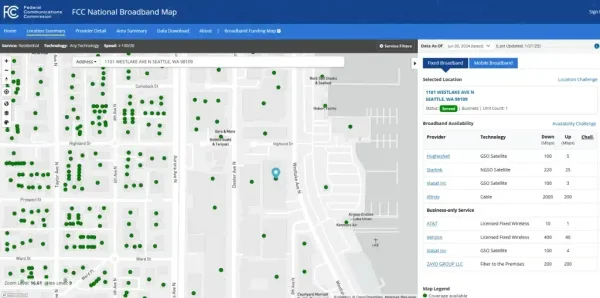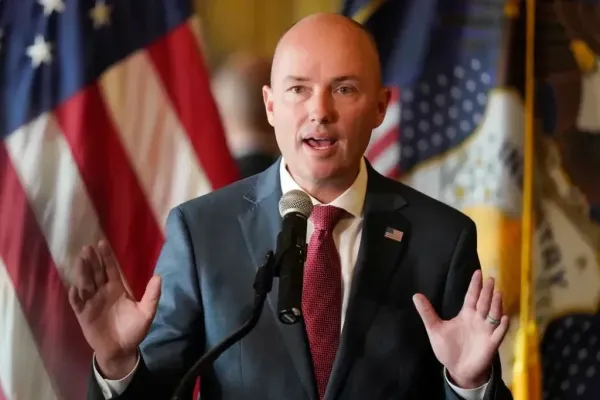Fiber a Big Winner in Nevada's BEAD Awards
The state is set to get fiber to more than 80 percent of its eligible homes and businesses.

The state is set to get fiber to more than 80 percent of its eligible homes and businesses.

WASHINGTON, Dec. 16, 2024 – Nevada posted Wednesday its preliminary grant awards under the Broadband Equity, Access, and Deployment program. The state said more than 80 percent of its eligible locations would be served with fiber and tapped Amazon’s nascent satellite service for its more remote homes and businesses.
“I am very proud of our BEAD Final Proposal and proud that our subgrantee selection process will result in every single unserved residential location in Nevada being connected to affordable, reliable high-speed internet,” Brian Mitchell, the state’s broadband director, said in a statement. “While this is an exciting day for Nevada, our work is not done. Upon NTIA approval, I look forward to working with our subgrantees and federal, state and local stakeholders to put BEAD dollars to work and build best-in-class broadband infrastructure for the people of Nevada.”
The state was able to secure coverage for all 51,600 of its eligible homes and businesses, a major goal of the $42.5 billion program. The biggest winners were regional providers Stimulus Technologies and SkyFiber, which received a total of more than $323 million to serve 29,116 locations with mostly fiber.

The city will continue managing customer service and billing until Charter assumes full control

States, ISPs still struggling to challenge its accuracy

The App Store Accountability Act requires app stores to verify users’ ages and obtain parental consent for minors

The deadline for submissions is May 9.